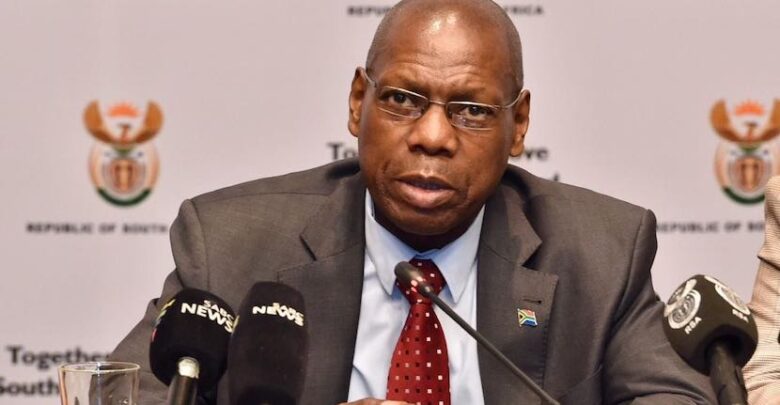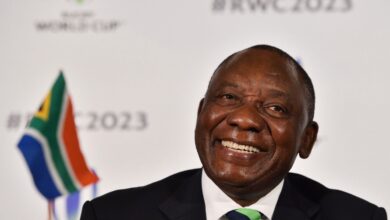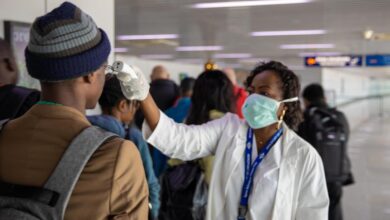South Africa
South African President Puts Health Minister Zweli Mkhize On Special Leave

South African President Cyril Ramaphosa on Tuesday placed Health Minister, Zweli Mkhize, on special leave, after allegations that the health department irregularly allotted COVID-19-related contracts to a communications company controlled by his former associates, reported Reuters.
In a statement, Ramaphosa said the period of special leave will enable Mkhize to attend and answer investigations concerning contracts between the health department and service provider company, Digital Vibes.
The statement said that the Special Investigating Unit’s probe into the matter is nearing completion and the report will be given to Ramaphosa to decide on further action.
The South African president said that Tourism Minister Mmamoloko Kubayi-Ngubane will serve as Acting Minister of Health until further notice.
The scandal around the Digital Vibes contract has been dominating headlines in the country for weeks and sparked calls for Mkhize to resign.
Earlier on Tuesday, Health Minister Mkhize held a media briefing during which he said that he fully acknowledges and takes personal responsibility for the public outrage that has been caused by this Digital Vibes contract.
“The negative discourse has not only affected and had an impact on me, but it also had an impact on my family. But most of all it has tainted the teamwork of our government that is led by the president in the continued efforts to fight the Covid-19 situation. It’s also caused a bit of disruption, and for all of this I want to unreservedly apologize.” The South African minister said.
Mkhize continues to deny any personal wrongdoing. Last month, the health minister In May, Mkhize said a forensic investigation had found that the process of appointing Digital Vibes was irregular and more than 150 million rand ($11 million) paid to the firm. The firm was appointed in 2019 to provide communications services for the government’s National Health Insurance roll-out. The scope of work was extended in March 2020 to include COVID-19-related communication.






